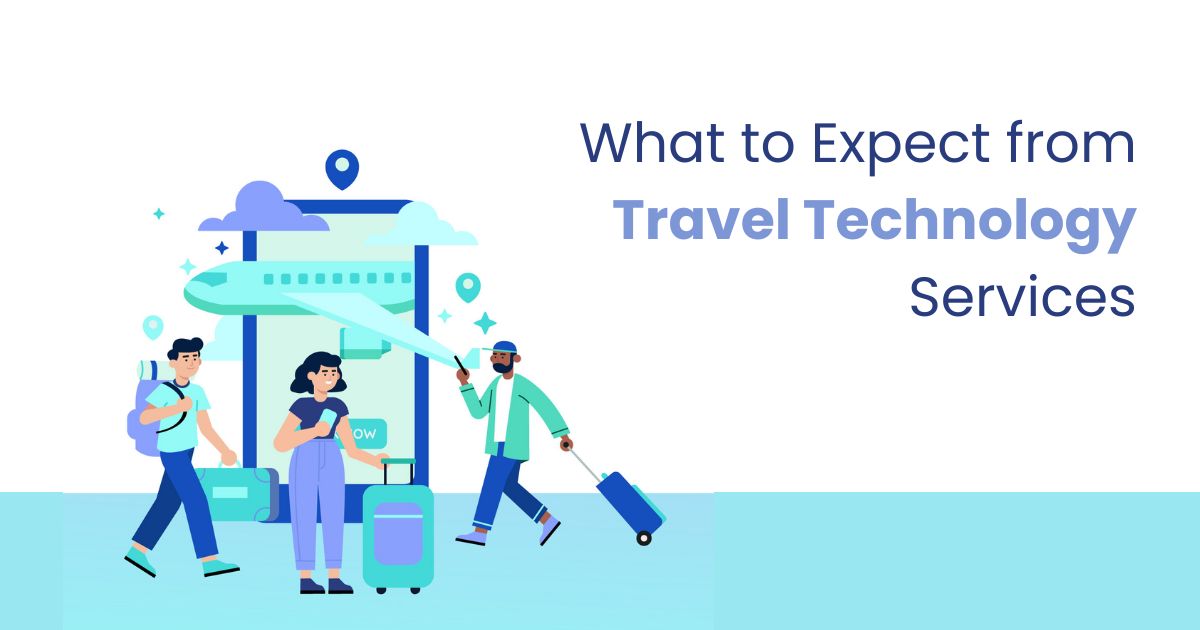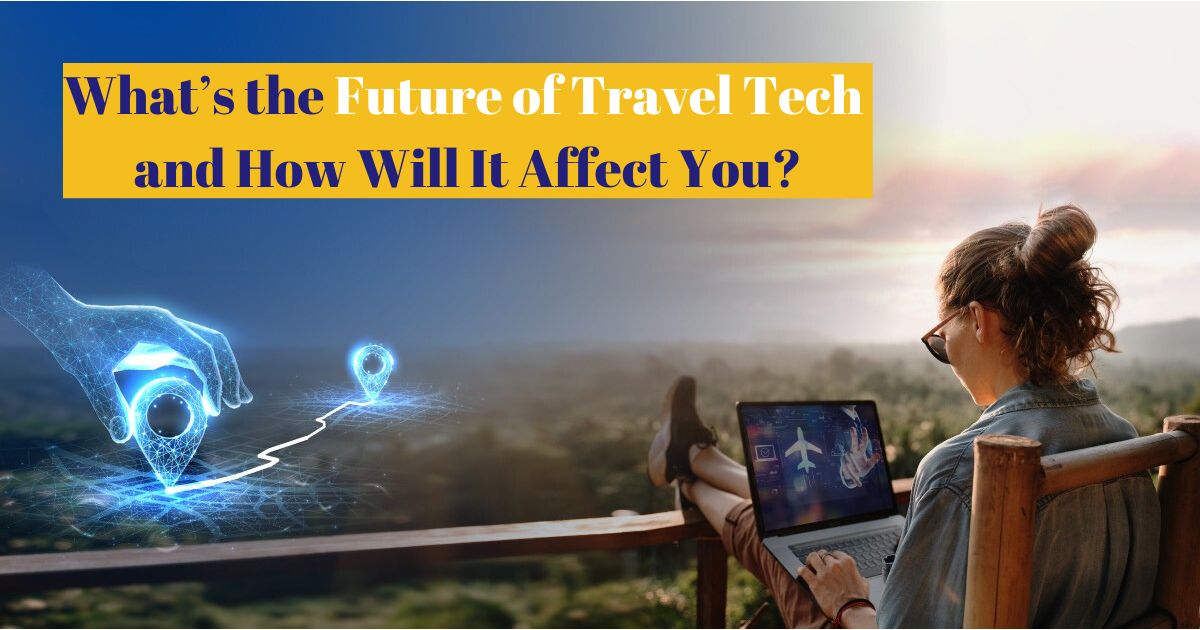Blockchain technology has been making waves across various industries, and the travel sector is no exception. The decentralized and secure nature of blockchain is revolutionizing the way we book and experience travel, offering benefits such as enhanced security, streamlined transactions, and improved transparency. In this blog, we will explore the impact of blockchain on the travel industry and how it is reshaping the entire travel ecosystem.
Travel Technology Solutions: Enhancing Your Travel Journey with Advanced Technology SolutionsSecure and Transparent Transactions:
- Blockchain technology provides a secure and transparent platform for processing transactions within the travel industry. By utilizing decentralized ledgers, blockchain ensures that all transactions are recorded and verified in a tamper-proof manner, reducing the risk of fraud and unauthorized alterations.
- This enhanced security and transparency build trust among travelers, travel agencies, and service providers, leading to more reliable and secure payment processes.
Smart Contracts and Automation:
- Smart contracts, powered by blockchain, enable the automation of various aspects of travel, such as booking confirmations, payment settlements, and loyalty program rewards. These self-executing contracts are programmed to automatically enforce and execute the terms of an agreement when predefined conditions are met.
- Smart contracts streamline the booking and payment processes, reducing the need for intermediaries and minimizing the potential for errors and disputes.
Decentralized Travel Marketplaces:
- Blockchain facilitates the development of decentralized travel marketplaces, where travelers can directly connect with service providers, eliminating the need for traditional intermediaries. This peer-to-peer model allows for more personalized and cost-effective travel experiences, as well as a greater variety of accommodations and services.
- Decentralized marketplaces also offer greater control and flexibility for both travelers and service providers, fostering a more collaborative and transparent ecosystem.
Immutable Travel Records and Identity Management:
- Blockchain’s immutable ledger system ensures that travel records, including itineraries, bookings, and identity information, are securely stored and cannot be altered or manipulated. This provides a reliable and tamper-resistant source of truth for travel-related data.
- The use of blockchain for identity management enhances security and privacy, allowing travelers to have greater control over their personal information and reducing the risk of identity theft and data breaches.
Loyalty Programs and Tokenization:
- Blockchain technology enables the tokenization of loyalty rewards and points within the travel industry, creating a more interoperable and transferable system for loyalty programs across different travel providers.
- Tokenized loyalty programs powered by blockchain offer travelers greater flexibility in redeeming and exchanging rewards, as well as increased transparency in tracking and managing loyalty points.
Impact on Sustainable and Responsible Travel:
- Blockchain’s ability to provide transparent and traceable supply chain management can contribute to promoting sustainable and responsible travel practices. By tracking the provenance of goods and services, blockchain can help ensure ethical and environmentally conscious travel experiences.
Conclusion:
The impact of blockchain on the travel industry is profound, with its decentralized systems transforming the way we book and experience travel. From secure and transparent transactions to the automation of processes through smart contracts, blockchain is reshaping the entire travel ecosystem. As blockchain technology continues to evolve, we can anticipate further advancements that will drive greater efficiency, security, and innovation in the travel industry, ultimately enhancing the overall travel experience for both travelers and service providers.








